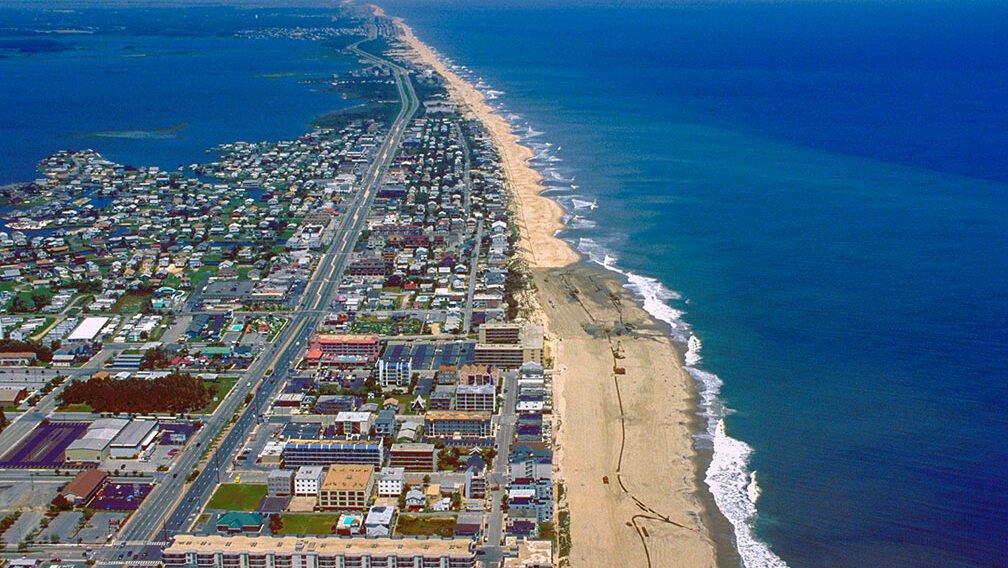Maryland Eyes Doubling Sports Betting Tax to Address Budget Deficit
Maryland is considering a tax hike for its sports betting market. Governor Wes Moore has proposed doubling the state’s sports betting tax rate from 15% to 30%, along with increasing the tax on casino table games from 20% to 25%. These measures, outlined in his fiscal year 2026 budget, aim to help bridge Maryland’s $3 billion budget shortfall.

Doubling Down on Sports Betting
The proposed increase would bring Maryland’s sports betting tax rate closer to the 36% rate in Pennsylvania, though still much higher than West Virginia’s 10% or Virginia’s 15%.
Despite discrepancies with neighboring states, Moore argues the hike would better align Maryland with regional practices and significantly boost revenue.
Based on fiscal projections, doubling the tax rate could generate an additional $95.4 million for Maryland in 2026. In fiscal year 2025, Maryland saw sports betting revenues grow by 22.2%, reaching $3.1 billion in total handle.
Tax contributions to the state jumped by an impressive 89.4%, totaling $46.58 million. Assuming the market continues its upward trajectory, this tax increase could offer Maryland much-needed financial relief.
The National Trend of Tax Hikes
Maryland isn’t the only state revisiting sports betting tax rates. Several other states have already moved to increase taxes or implement new frameworks to maximize revenue:
- Ohio doubled its tax rate from 10% to 20% just seven months after launching its sports betting market. Lawmakers realized they were losing millions of dollars in potential revenue under the original structure.
- Illinois introduced a progressive tax system in 2024, with rates climbing as high as 40% for top-performing operators.
- Louisiana briefly considered raising its tax rate to 51%, but the proposal was withdrawn due to lack of legislative support.
Even Michigan considered a modest tax increase on online gambling and sports betting, though the plan was ultimately abandoned.
Industry Concerns and Market Impacts
The proposed tax hikes have already sparked reactions. Wall Street responded with a drop in share prices for major operators like DraftKings. Analysts predict that while operators may absorb some costs, they could ultimately pass on expenses to bettors through higher fees or reduced promotions.
Operators are also exploring creative ways to offset potential losses. For example, DraftKings recently proposed a Sportsbook+ subscription model to generate additional revenue. While a previous attempt at a surcharge failed, this new strategy reflects the challenges operators face as states seek higher tax contributions.
The tug-of-war between states and operators could leave bettors caught in the middle. Tax hikes may lead to fewer player-friendly promotions or increased betting costs. As more states consider raising sports betting taxes, the strain on operators is likely to intensify, potentially reshaping the U.S. sports betting market in the coming years.
Recommended
